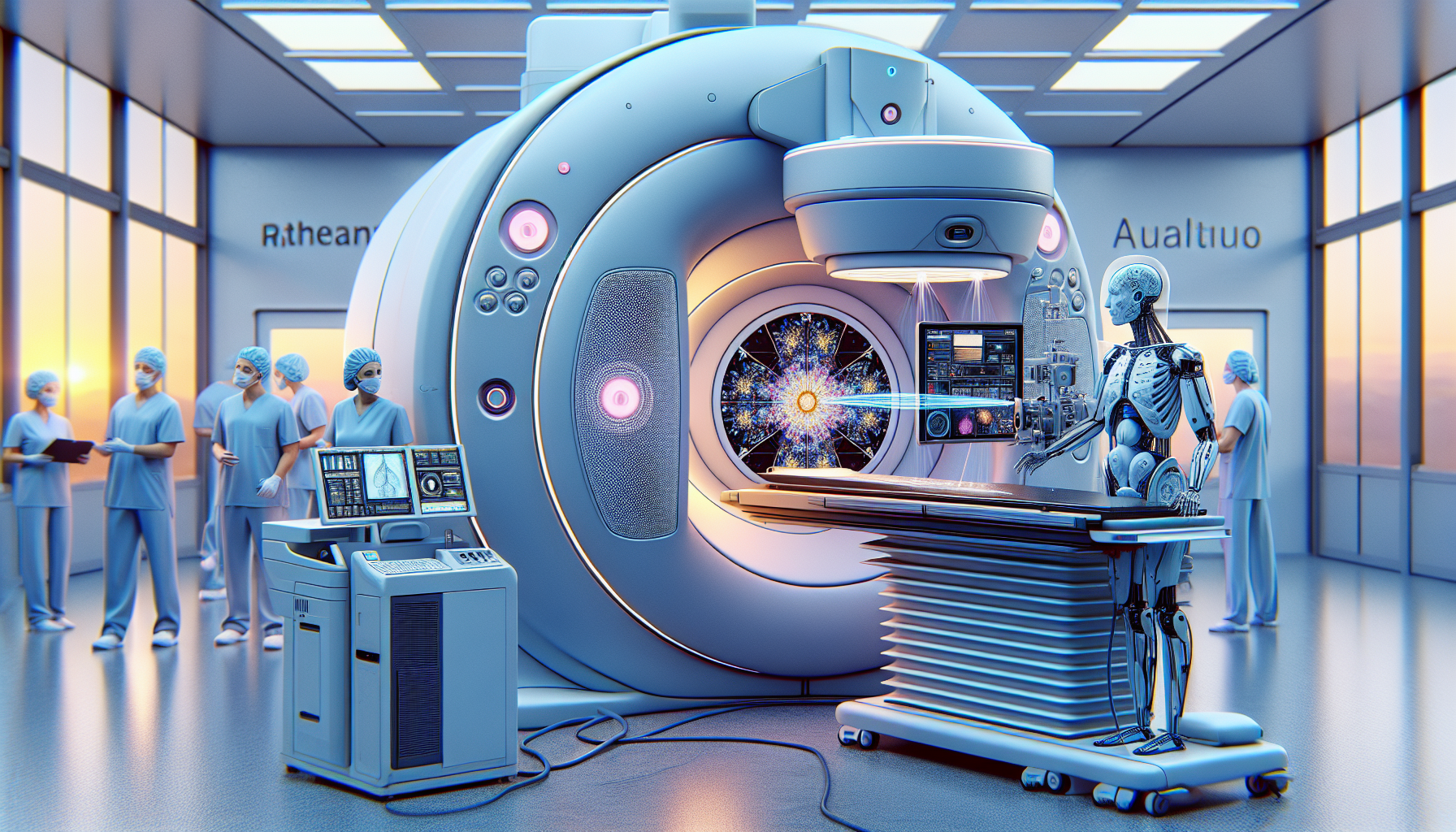Harnessing Artificial Intelligence to Revolutionize Radiation Oncology and Enhance Cancer Treatment
🌟 The transformative power of artificial intelligence in radiation oncology can't be overstated. AI is emerging as an indispensable ally in the battle against cancer, enabling oncologists to pinpoint tumor locations with heightened precision while sparing healthy tissues. This remarkable synergy between technology and medicine is paving the way for more effective, patient-centered care.
🔥 At the forefront of this revolution is Adaptive Radiation Therapy (ART). ART allows treatment plans to be recalibrated in real-time, adapting to the moment-to-moment anatomical fluctuations common in complex regions like the abdomen, thorax, and prostate. AI accelerates this process, streamlining the recontouring of daily images and enhancing deformable image registration to evaluate anatomical transformations in three dimensions.
💡 Beyond ART, artificial intelligence is revolutionizing various facets of radiation therapy. From autosegmentation to intricate treatment planning, AI is making substantial contributions. By minimizing acquisition time and imaging doses, these advanced tools are significantly enhancing in-room image quality, ensuring optimal treatment delivery.
🧩 However, the path forward is not without its hurdles. Integrating AI into clinical practice requires overcoming challenges related to data sets, training, validation, and efficacy. The journey towards full AI integration in ART is complex, demanding swift review and approval processes mid-treatment. Nonetheless, research persists, with promising studies already demonstrating AI's ability to generate clinically acceptable, precision-oriented treatments.
🚀 A notable study showcases AI's capability in the clinical realm: 60% of radiation treatments designed by AI were judged clinically valid, with these plans prepared 60% faster than conventional ones. This reflects AI's potential to enhance quality and efficiency within the adaptive feedback loop, maximizing ART's overall impact.
🌈 Looking to the future, the horizons seem boundless with the integration of AI and cutting-edge systems like Elekta’s MR-Linac, Unity. As a specialized adaptive platform, it bolsters online treatment adaptation. AI also holds promise in decision-making and response evaluation, tailoring personalized treatment regimens, assessing risks and toxicities, and interpreting quantitative imaging for response assessments.
🌟 The potential of artificial intelligence to transform radiation therapy by heightening precision and efficiency is monumental. While challenges remain, they are met with enthusiasm and innovation, promising a bright future as AI becomes firmly embedded within clinical practice. The journey to redefine the standards of cancer treatment continues, inspired by the belief that better care is not only possible but within reach.
The ideas presented here are derived from the following article:
Building on these insights, we're refining Dr. Persona AI, our AI-powered Learning Management System, to deliver a more tailored and impactful educational journey in Radiotherapy.

